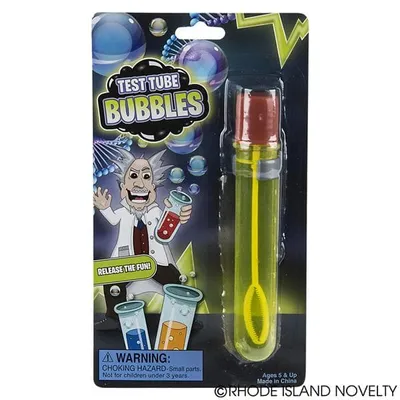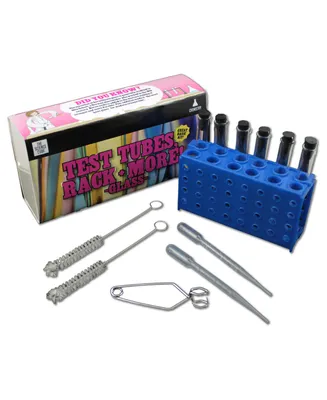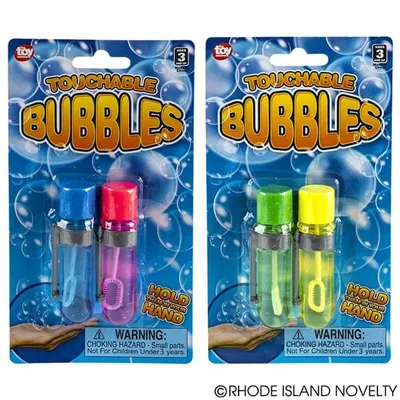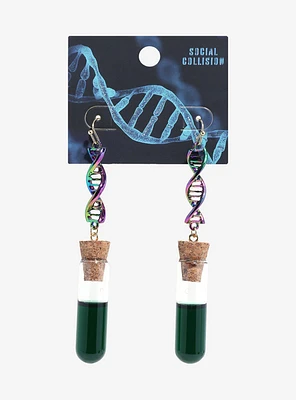Home
Test Tube Families: Why the Fertility Market Needs Legal Regulation



Test Tube Families: Why the Fertility Market Needs Legal Regulation
Current price: $40.00
Loading Inventory...
Size: OS
The birth of the first test tube baby in 1978 focused attention on the sweeping advances in assisted reproductive technology (ART), which is now a multi-billion-dollar business in the United States. Sperm and eggs are bought and sold in a market that has few barriers to its skyrocketing growth. While ART has been an invaluable gift to thousands of people, creating new families, the use of someone else’s genetic material raises complex legal and public policy issues that touch on technological anxiety, eugenics, reproductive autonomy, identity, and family structure. How should the use of gametic material be regulated? Should recipients be able to choose the “best” sperm and eggs? Should a child ever be able to discover the identity of her gamete donor? Who can claim parental rights?
Naomi R. Cahn explores these issues and many more in
, noting that although such questions are fundamental to the new reproductive technologies, there are few definitive answers currently provided by the law, ethics, or cultural norms. As a new generation of "donor kids" comes of age, Cahn calls for better regulation of ART, exhorting legal and policy-making communities to cease applying piecemeal laws and instead create legislation that sustains the fertility industry while simultaneously protecting the interests of donors, recipients, and the children that result from successful transfers.











